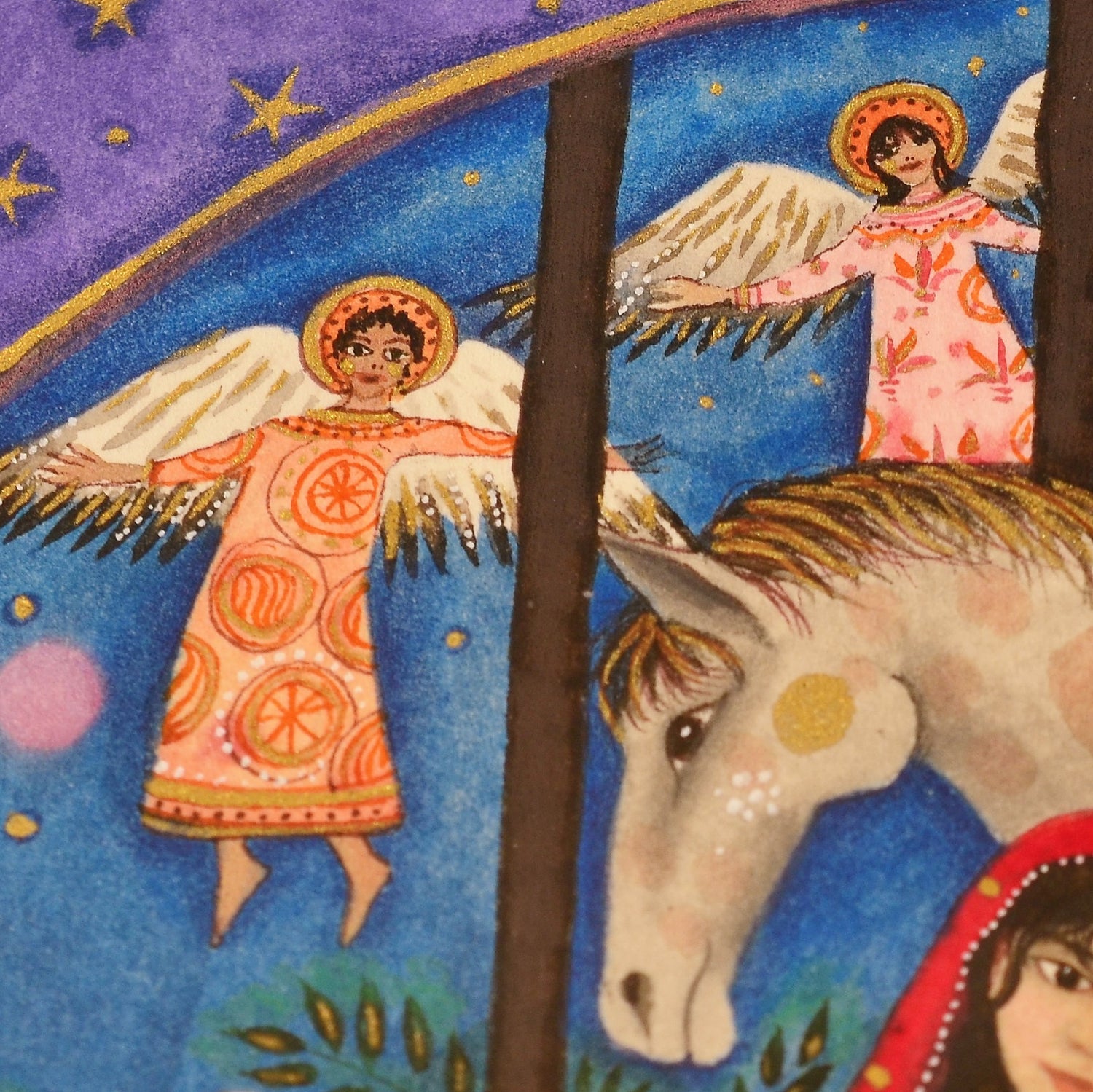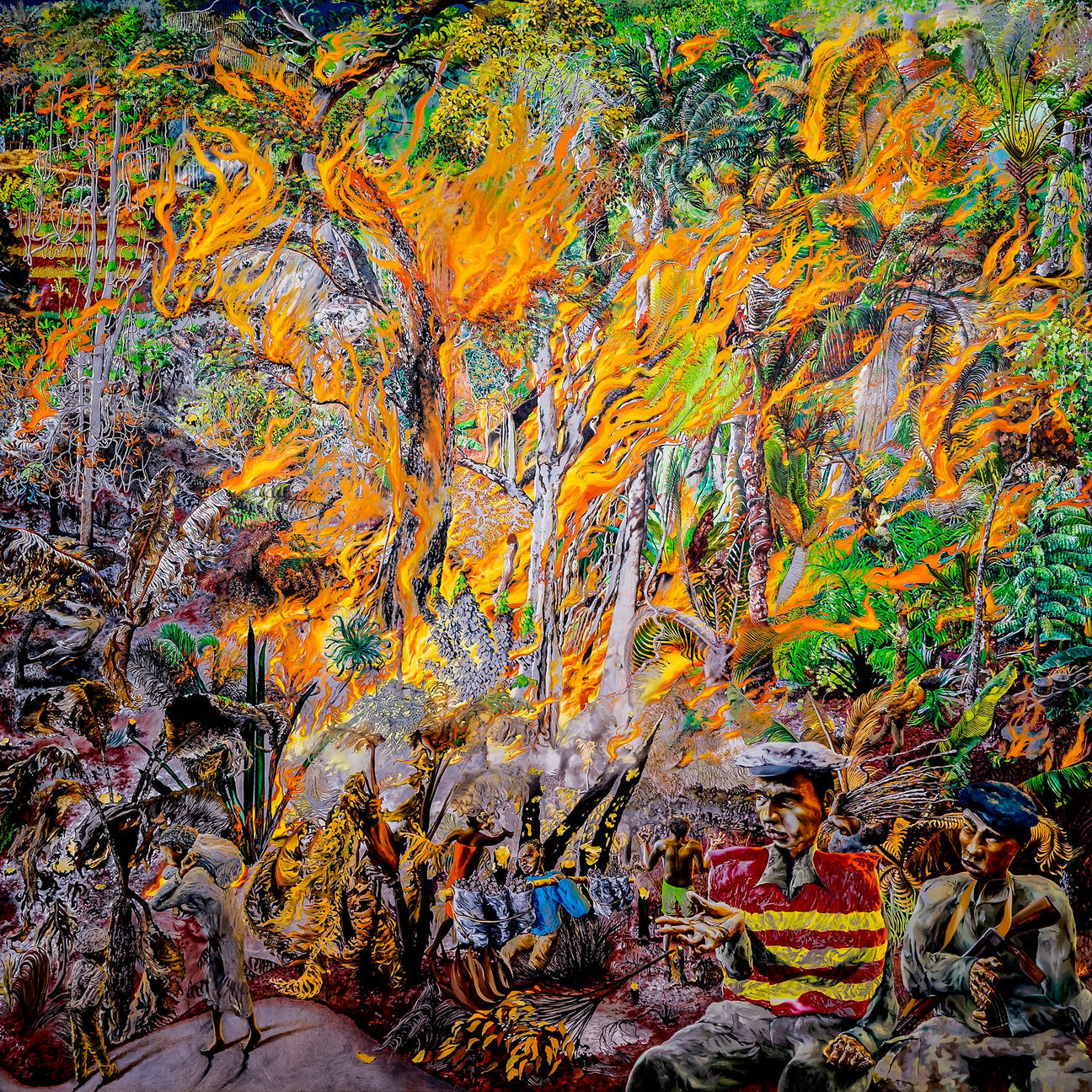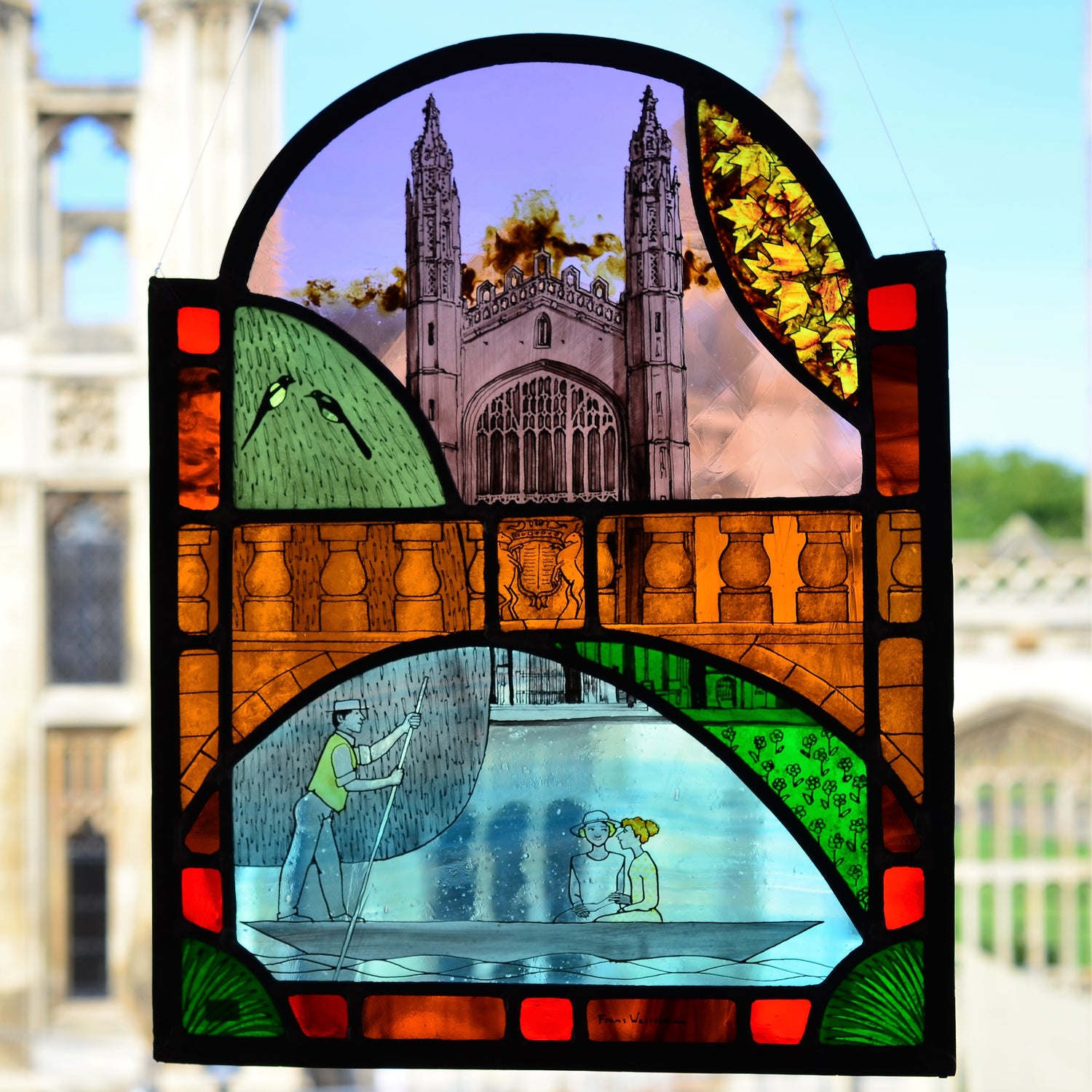
The King’s Parade Collection is now held at College Farm, marking a new chapter for this much-loved part of Primavera Gallery.
Formerly located opposite King’s College in the heart of Cambridge, the King’s Parade gallery was housed in a historic Grade II-listed building and formed an important part of Primavera’s history. Today, the collection continues to evolve in its new location at College Farm, the rural Cambridgeshire home of Primavera’s director.
This change of location allows for a broader and more varied presentation of British art and craft, with works displayed in a calm countryside setting away from the city centre. College Farm offers a permanent exhibition space where pieces from the King’s Parade Collection can be viewed in greater depth and at a more leisurely pace.
The move reflects Primavera’s ongoing commitment to showcasing the finest British craftsmanship while creating new ways for visitors to engage with the collection.
Visits to College Farm are by appointment only.









